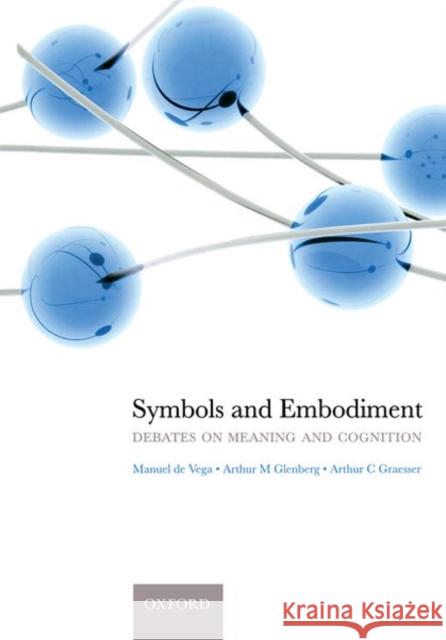Symbols and Embodiment: Debates on Meaning and Cognition » książka
Symbols and Embodiment: Debates on Meaning and Cognition
ISBN-13: 9780199217274 / Angielski / Twarda / 2008 / 456 str.
Cognitive scientists have a variety of approaches to studying cognition: experimental psychology, computer science, robotics, neuroscience, educational psychology, philosophy of mind, and psycholinguistics, to name but a few. In addition, they also differ in their approaches to cognition - some of them consider that the mind works basically like a computer, involving programs composed of abstract, amodal, and arbitrary symbols. Others claim that cognition is embodied - that is, symbols must be grounded on perceptual, motoric, and emotional experience.
The existence of such different approaches has consequences when dealing with practical issues such as understanding brain disorders, designing artificial intelligence programs and robots, improving psychotherapy, or designing instructional programs.
The symbolist and embodiment camps seldom engage in any kind of debate to clarify their differences. This book is the first attempt to do so. It brings together a team of outstanding scientists, adopting symbolist and embodied viewpoints, in an attempt to understand how the mind works and the nature of linguistic meaning. As well as being interdisciplinary, all authors have made an attempt to find solutions to substantial issues beyond specific vocabularies and techniques.











